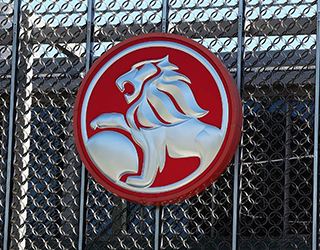The fear of a business changing name
The fear of a business changing name
The Beatles auditioned for Decca on January 1, 1962 performing 15 songs in just under an hour. The rejection line from the label is one of the more famous in contemporary popular culture: “Guitar groups are on the way out … the Beatles have no future in show business.”
The Decca executive to whom the decision is often attributed is Dick Rowe, and in one of the quirks of rock music the Rolling Stones benefited. Soon after the Beatles became popular, Rowe appeared on British TV’s Juke Box Jury alongside George Harrison, who reportedly raved to him about his new favourite, and unsigned band.
This came to mind recently in a discussion about branding. A company executive was anxious over changing the name of her business. Her worries included the associated logo and kicker line, and the ensuing explanation for adopting a new moniker.
Telling “the story” of a company and coming up with the tag lines is fun if you like working with words, but it is no exact science. Marketers call on metrics. Many decisions though must still come down to a gut feel, just like that for Decca in 1962.
Changing a name, as with any significant decision, is more easily achieved if internal communications channels operate effectively. Employees make great advocates. In any case, the bigger story for any business should relate to its achievements, not a new name.
On that New Year’s Day in 1962, Decca also auditioned Brian Poole and the Tremeloes and chose them over the Beatles. To lessen the opprobrium often aimed at Dick Rowe, music folklore suggests Decca’s decision was based purely on location. The Tremeloes were from London, and therefore more accessible than the Liverpool-based Beatles.
So what’s in a name? The “Beatles” paid homage to Buddy Holly’s “Crickets”. Deliberate spelling errors were all the go. “Tremoloes” was soon changed because of a mistake in an East London newspaper. As a further twist (and shout) the Tremeloes first made the charts in the UK in July 1963 with a version of Twist and Shout, which the Beatles had already released in March 1963.
The name the “Beatles” didn’t create an incredible musical legacy; it was the talent, determination and preparedness of the band to back themselves. For a business, changing a name should not be a long and winding road. Make the decision, elicit support, tell the story, and let it be.
Darrell Croker is senior coach at Write For Impact.

